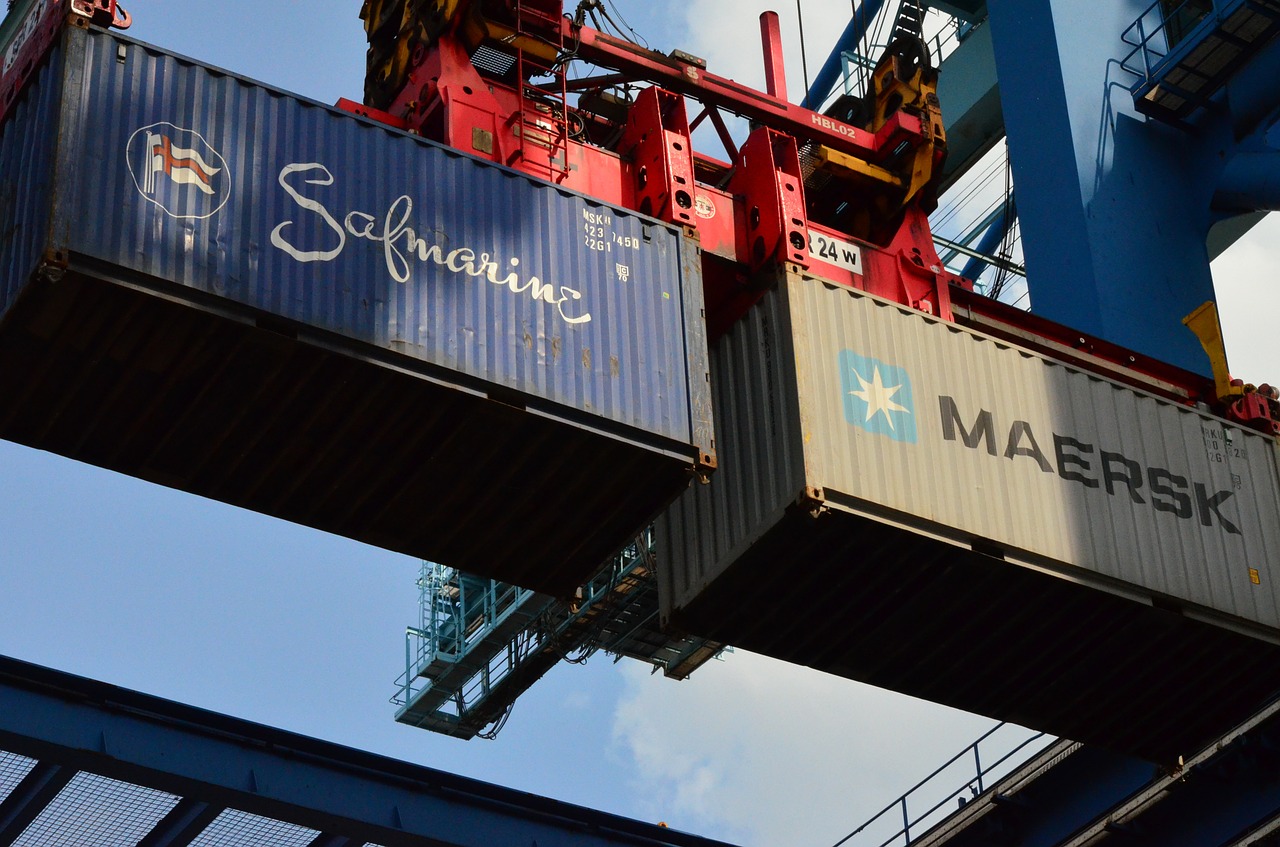 NEWS
NEWS
 NEWS
NEWS
 NEWS
NEWS
In an effort to bridge the gap between app development and production deployment, Docker Inc. has acquired Tutum Inc., a two-year-old startup that develops cloud services for deploying and managing distributed apps inside Docker containers. Terms of the deal were not disclosed.
The acquisition gives Docker an infrastructure management capability to add it its existing tool set, allowing developers to take an application from development to production. Tutum essentially provides visibility into containers, and enables developers to create, start, terminate or redeploy as needed. It also offers a dashboard view of all of the containers under your management.
“We’re completing the last mile of the application delivery pipeline,” Scott Johnston, Docker’s senior vice president of product, told Enterprise Tech.
In addition, Docker said it expects the new cloud service to add a significant revenue stream alongside its current cash cow, the Docker Hub Enterprise. It will become a “central part of our commercial offering,” explained David Messina, Docker’s vice president of enterprise marketing.
Tutum’s value lies in its integrated set of capabilities, which include networking, storage, monitoring and scheduling. Alternative container services like those offered by Amazon Web Services, Google and Microsoft are focused on clustering and scheduling, or low-level infrastructure tasks. But Tutum handles the entire application lifecycle, giving developers a single place to view how their apps are performing. Another feature of Tutum is it provides a way for IT teams to deploy apps across distributed infrastructure in the shape of multiple data centers or clouds, or both, and move them between the various infrastructure platforms.
Tutum, which has been operating in beta since 2013, now counts more than 24,000 users. Docker plans to continue running the service in beta until such time as it can integrate the service with its own offerings.
“Tutum has already been validated by our user community as the best way to achieve a seamless Docker user experience from the point of initial onboarding to running Dockerized applications in production,” Docker CE Ben Golub said in statement announcing the acquisition.
THANK YOU